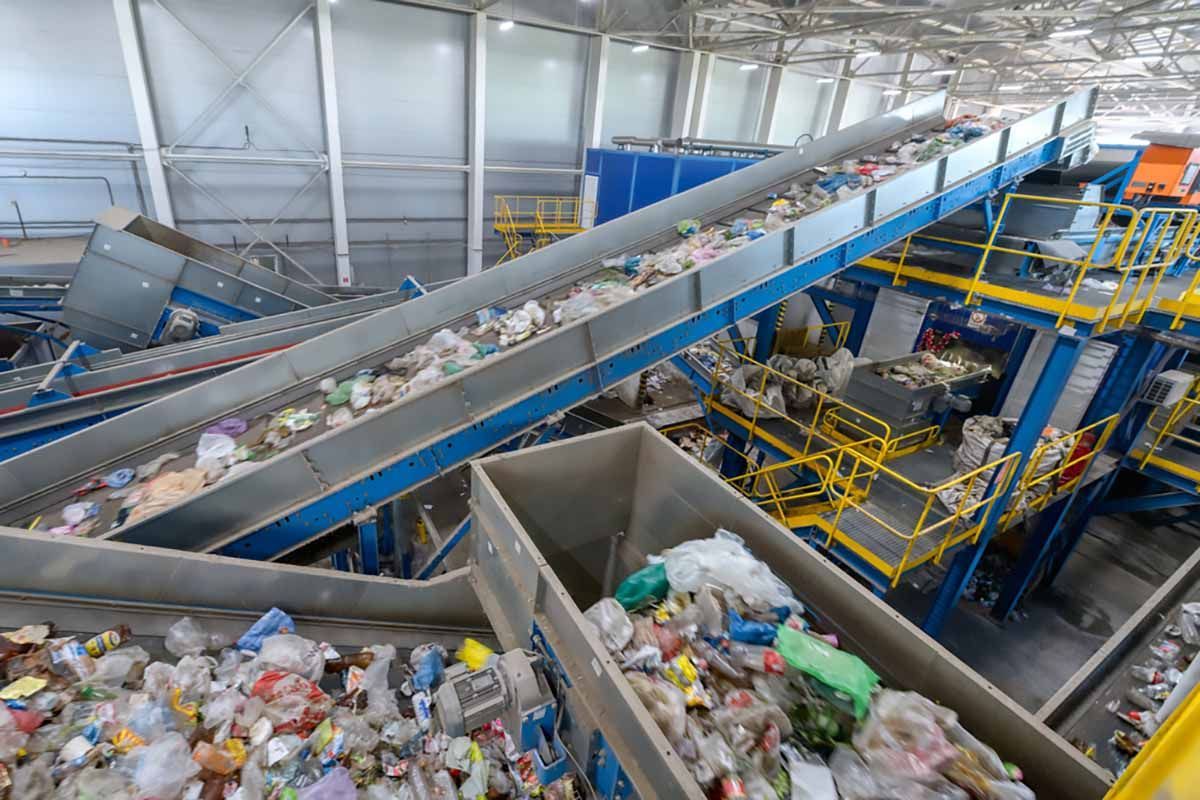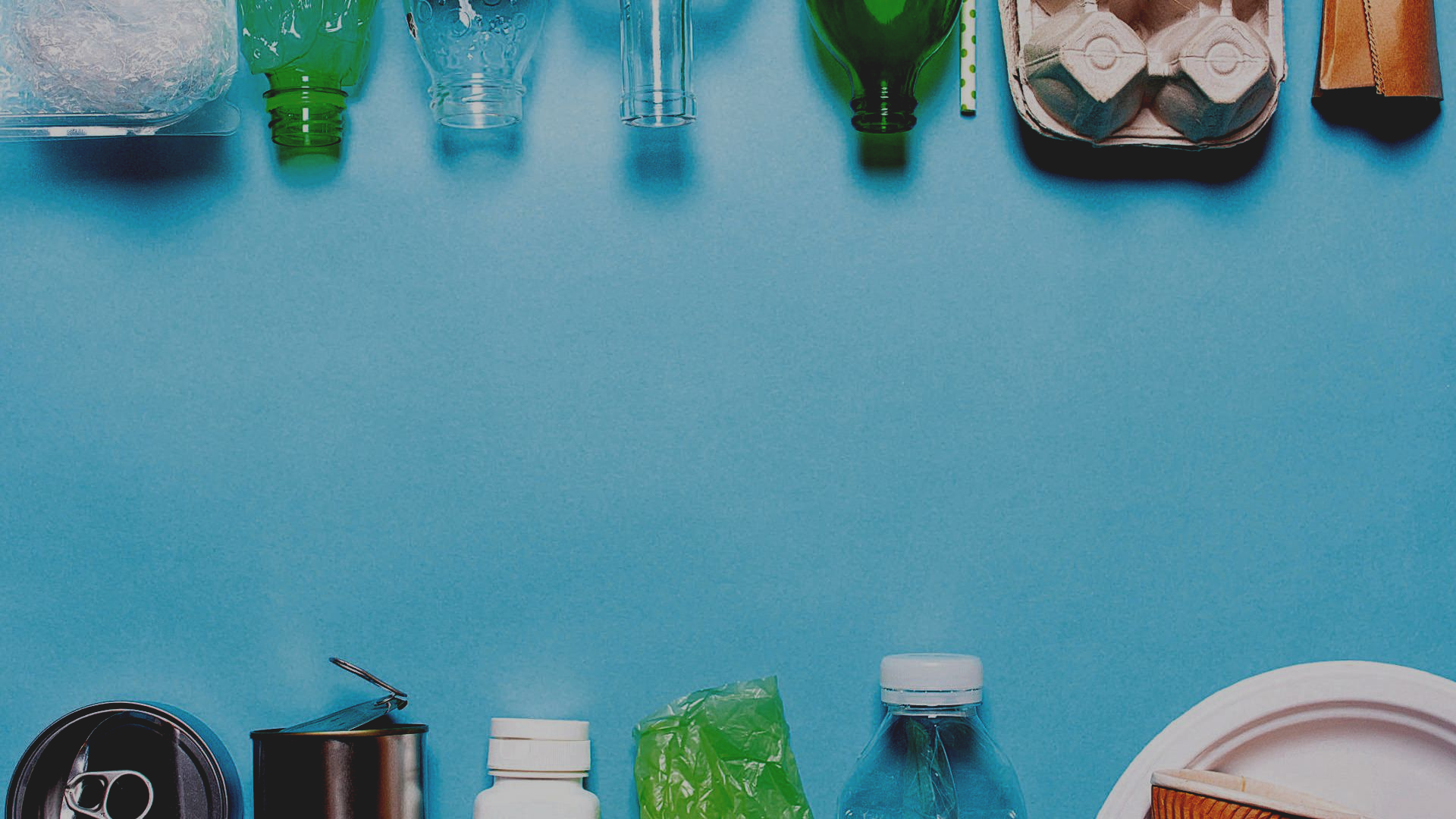Earth Bio Technologies and Harvard University
We are pleased to welcome Earth Bio Technologies as a new Supporting Advisory Members to the Northeast Recycling Council
In 2021, the U.S. Environmental Protection Agency (EPA) reported that annual food loss and waste in the United States equaled the greenhouse gas (GHG) emissions of 42 coal-fired power plants. Furthermore, according to the U.S. Department of Agriculture (USDA), “when food ends up in landfills, it generates methane, an even more potent greenhouse gas.”
“The connection between food loss and waste and climate change is increasingly recognized as important,” USDA observed.
New NERC Advisory Member Earth Bio Technologies states, “Our mission is to enhance environmental initiatives, improve operations through prevention, and return bottom-line savings to our clients who drive the food service industry.” The company offers several proprietary formulas to biologically break down organic wastes in drain systems, grease traps & lift stations. The company also manufactures drain system safeguard solutions to prevent solids from causing blockages.
Noting that “roughly 35% of all food produced goes uneaten with most ending up in landfill as one of the largest waste streams by weight,” Earth Bio Tech developed a product it named Compolizer, which it describes as “as a remediation agent by accelerating the decomposition of organic material.” A recent development in the company’s extensive line of products is the ScrapDrain – Sink Solids Separator.
ScrapDrain “captures food scrap before it enters the drain line with greater capacity & finer collection,” the company states. “It keeps drains and septic systems clear from solids while helping to promote landfill diversion using compost options.”
A local new source in Earth Bio Tech’s hometown of Glendale PA covered the product launch in an article entitled Glenside’s EarthBio Technologies launches ScrapDrain.
The article reports:
“There is a long-standing belief that garbage disposals are eco-friendly. As Douglas Horner, managing director of EarthBio points out, ‘The operating facts suggest otherwise since garbage disposals use lots of electricity, loads of extra water, and produce a slurry of solids.’ This slurry, according to Horner, travels into our waterways to our wastewater treatment plants where the solids are screened out and trucked off to landfill.” “A cycle of futility”, Horner says.
ScrapDrain delivers 8x more capacity than the average sink strainer, the company reports. For residential applications, the food waste rinses into ScrapDrain where it is collected and strained. In a single motion, the stainless collection basket allows for simple transfer to the collection bin. For commercial applications, ScrapDrain prevents food solids from clogging the drain line and building up in the grease trap. As a result, the grease trap works more efficiently, and the drain lines stays clear and flowing.
Building upon its long history of addressing food waste and practical solutions to it, NERC welcomes Earth Bio Tech to its growing roster of Advisory Members. We look forward to cooperating with Earth Bio Tech in finding solutions to the issue of food waste.
For more information about Earth Bio Tech click
here
Share Post





